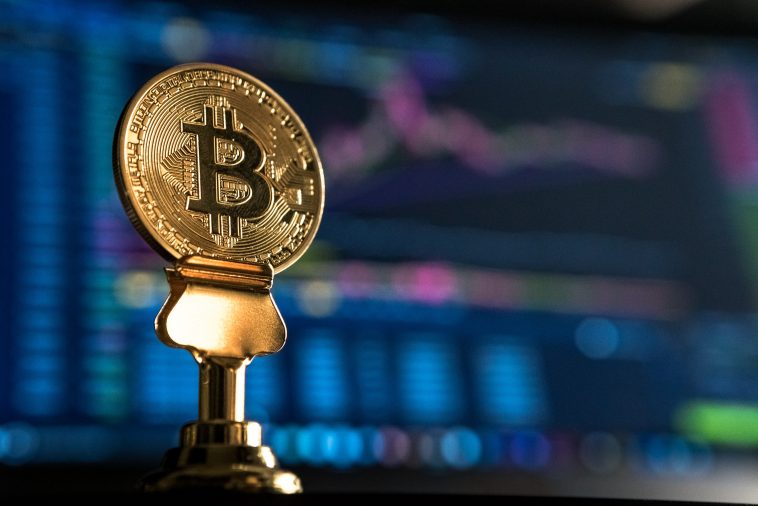Three South African entrepreneurs in technology are hoping that their new Blockchain, called Fraxeum, which is still in its early stages, will change the world of finance. This is because more institutions, banks, and service providers are using Blockchain to make it possible for retail investors to make small investments in many areas.
Fraxeum was explicitly designed by co-founders Llew Morkel, Khaya Maloney, and Barry Tuck to facilitate investment across many asset classes.
On top of the Blockchain, we’ve built several fintech solutions that make simple customer KYC, AML, and onboarding, direct fiat deposits and withdrawals, a secondary OTC desk for reselling micro-shares, and much more possible.
The change comes as there is more and more financial inequality around the world. A 2020 United Nations report says that 1.3 billion people in 107 developing countries have poor health, education, and living conditions because of their lack of money.
These people can’t participate in the formal economy because their money situation keeps them from accessing platforms, products, and services that can help them get ahead.
Tuck says that this problem has been made worse in the past by institutions and companies that haven’t been able to serve the low end of the market because they didn’t have enough money, technology, or laws to do so.
But advances in fintech are quickly removing many of these barriers, making it easier for banks, financial service providers, and new competitors to get into this market. On an ethical and human level, making financial services more accessible to everyone can help fight poverty. On a business level, this is also a huge opportunity.
With its low operational costs and ability to function at scale, Blockchain is one of the leading technologies that is serving as a catalyst to unleash this market. Several blockchain projects have developed with the goal of building channels for people to spend, save, and send money, but one of the most promising use cases is in the investment arena.
The Fraxeum blockchain is advertised as an “eco-friendly, zero-gas-fee, banking-grade blockchain that makes it easy to create and manage accessible and inclusive investment platforms, allowing investments as low as $0.10.”
The Fraxeum founders say that their Blockchain will give banks, financial service providers, and other corporations or start-ups the perfect way to reach this untapped market by making investment opportunities affordable and easy for a wide range of retail investors shut out of the market.
According to Maloney, Fraxeum’s head of business development, the Fraxeum blockchain sustainably facilitates and automates the maintenance of millions of fractional investment accounts with zero gas fees.
Since our official launch earlier this year, we’ve gotten much attention. For example, one of the largest banks in Africa is now working on a product that will use Fraxeum to tokenize equity in listed shares, ETFs, and other alternative assets.
One of our clients is letting people invest in whiskey barrel yields, and rare Rolex watches. Another significant multinational want to use Fraxeum to tokenize carbon credits and clean energy projects. Other uses include paying off debt, investing in farming or mining yields, or buying equity in sports teams, franchises, or real estate.
Maloney says it’s getting harder and harder for people to invest in real estate, a highly desired asset. Rising property prices in significant cities keep millions of people from investing in real estate.
Building a property micro-investment platform with Fraxeum is a great way to solve this problem. It gives people who can’t afford a home a way to get into the market by purchasing fractional shares of houses and building a portfolio.
This solution has worldwide implications since it democratizes access to real estate investment opportunities in developed and emerging nations.”





